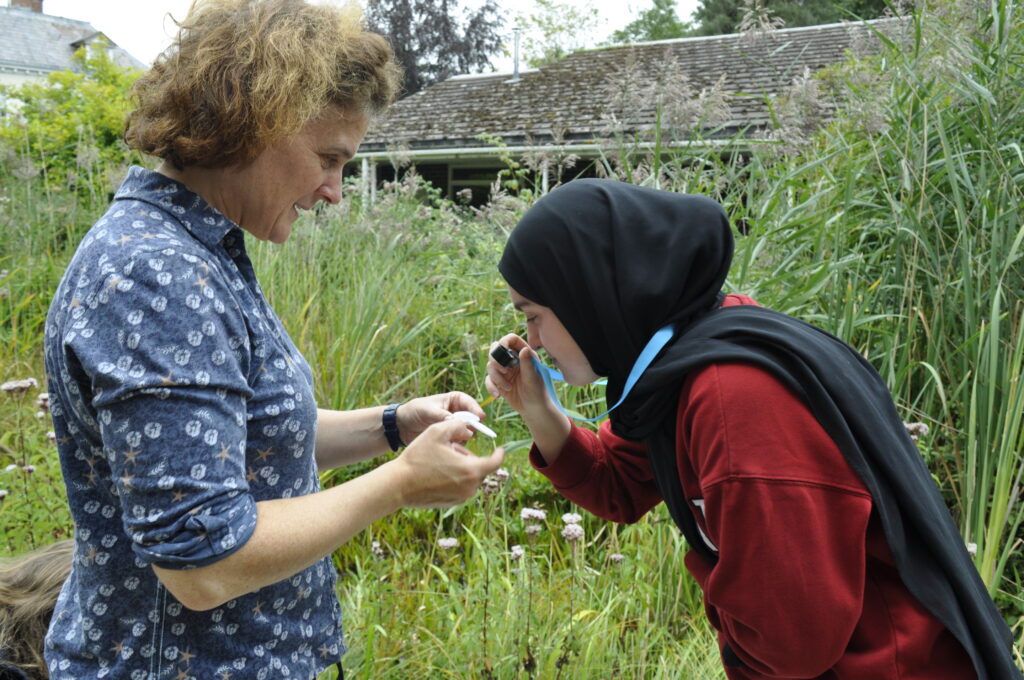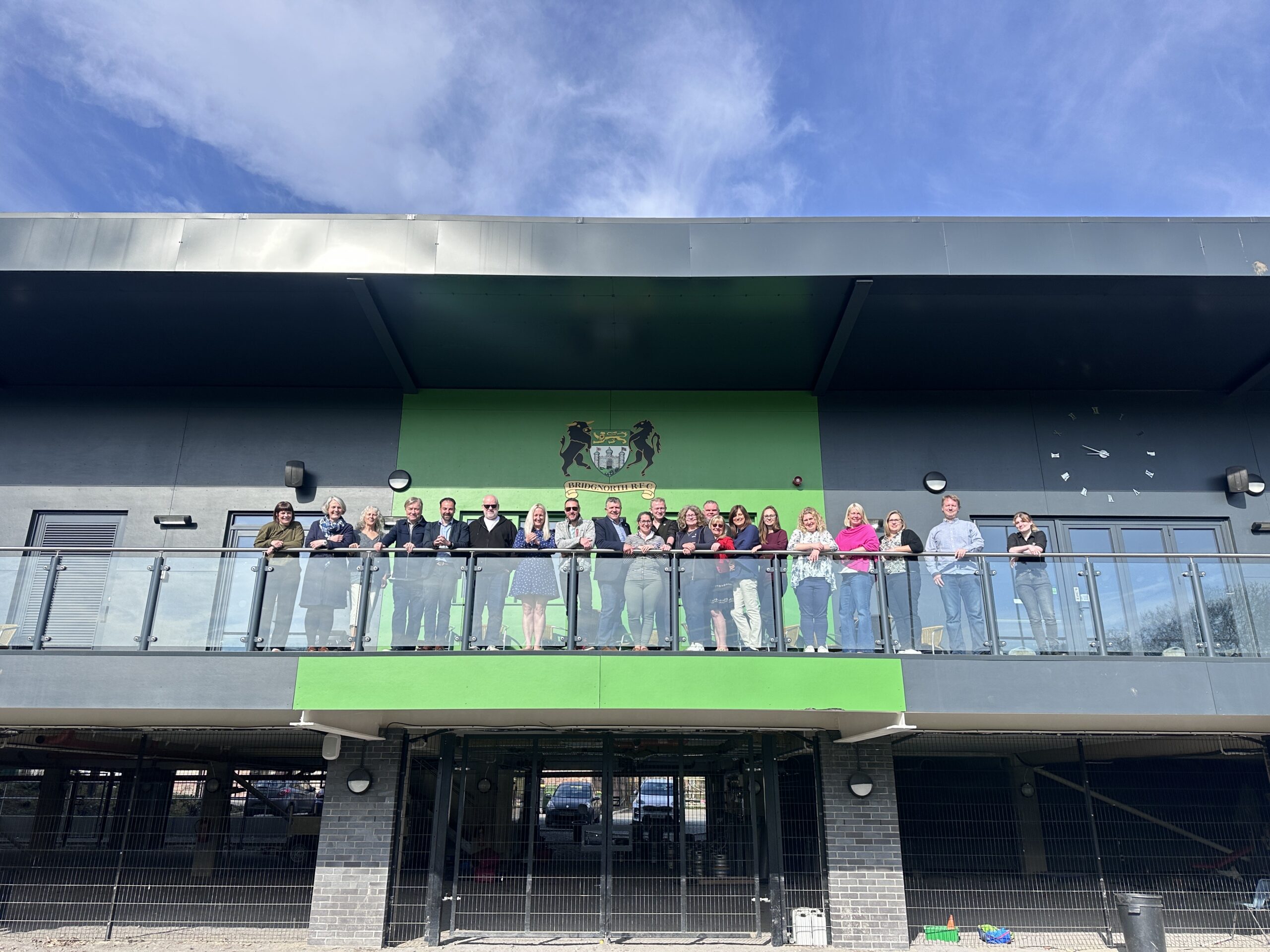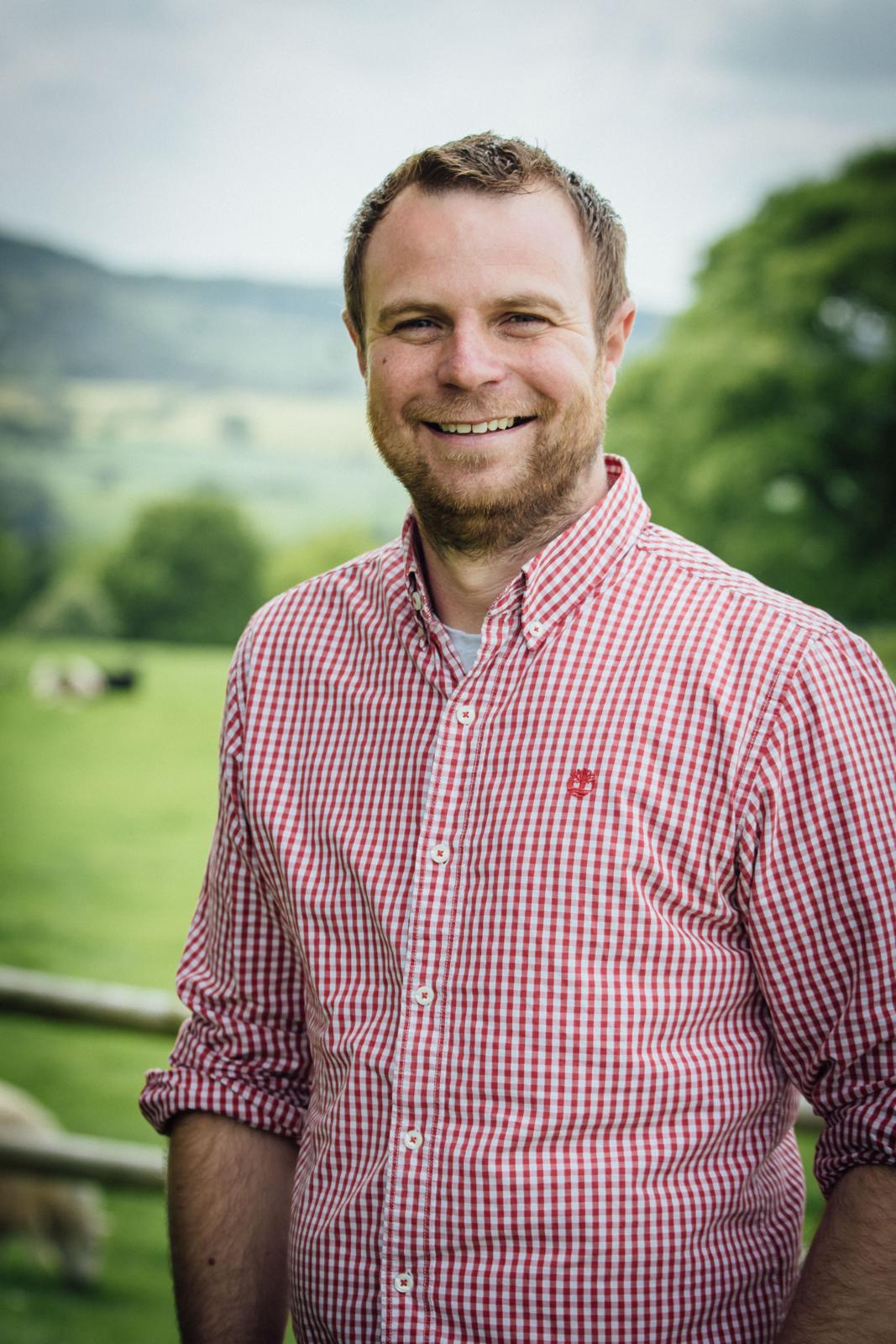Neil Thomas looks at the work of a charity promoting a deeper love of the natural world.
It is the UK’s leading environmental education charity giving people the length and breadth of the land the chance to immerse themselves in the joys of learning about the natural world.
And it is based right here in Shropshire.
The Field Studies Council celebrated its 80th anniversary last year having welcomed more than 3.7 million students through its doors. It has more than 20 centres across the country, with six in London including Regent’s, Greenwich and Bushy Parks. But its own ‘capital’ is set in open countryside at Preston Montford, on the outskirts of Shrewsbury.
The Field Studies Council was created in December 1943 as the Council for the Promotion of Field Studies at the Natural History Museum in London, driven by schools inspector Francis Butler. But Shropshire, with an abundance of unspoilt countryside hosting a richness of nature, was a fitting place for its headquarters, honouring the county’s heritage as the birthplace of one of the greatest naturalists the world has known, Charles Darwin.
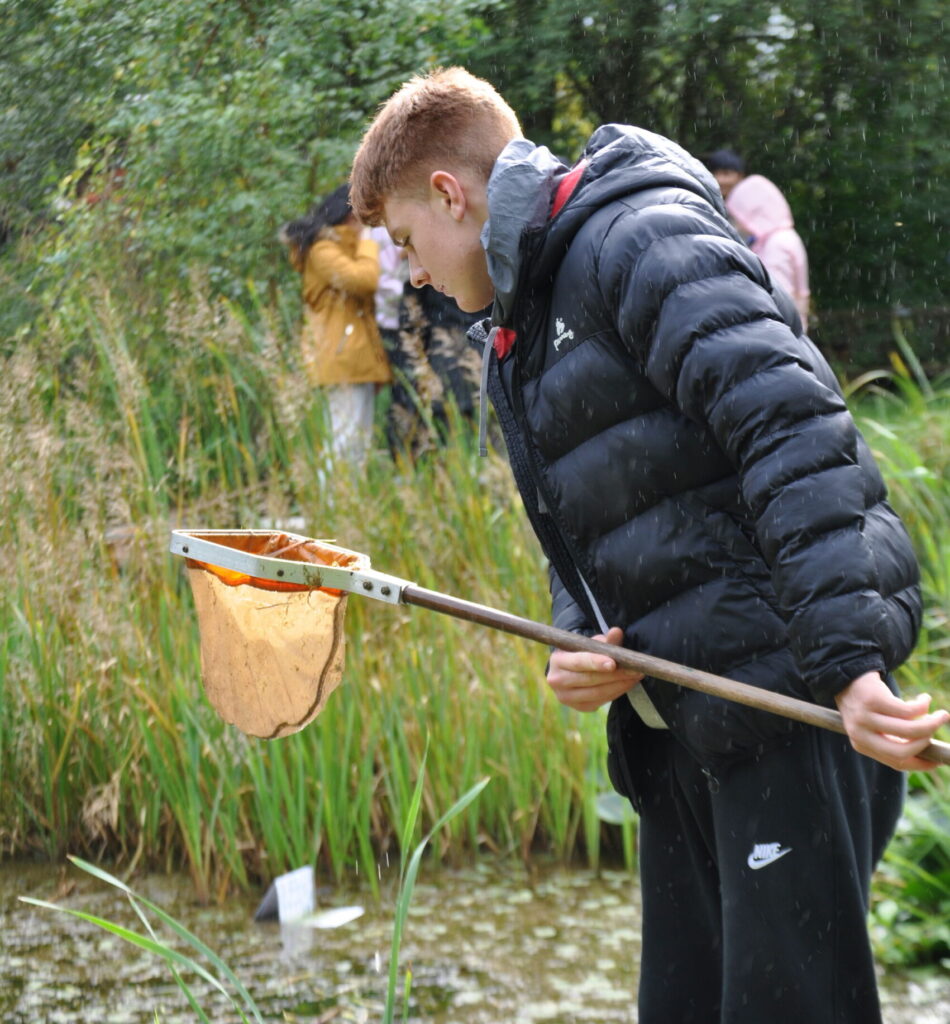
Its original aim was to provide opportunities for school children to study plants and animals in their natural environment. It subsequently became a nationwide provider of outdoor education, and has established a network of field centres providing facilities for people wanting to study natural history, ecology and the environment, offering meaningful outdoor education experiences for everyone. It has since welcomed schools, university students, community groups and a diverse collection of visitors including a group of nuns and Queen Elizabeth II.
Its network of centres provides day and residential courses for all ages from young children to retired adults, from schools and communities throughout the UK. It also reaches many others through its publications and community-based programmes.
The Council plays a big part in supplementing the work of schools, colleges and universities, allowing teachers and tutors of Secondary and Further Education to bring their subjects to life in an outdoor classroom, supporting residential and non-residential fieldwork across all age ranges.
For instance, its Natural History Courses cover all aspects of the natural world for beginners, enthusiasts, professionals and volunteer recorders of species, covering the study of animals, plants, habitats and conservation.
It also has plenty for the youngest pupils, with courses aimed at primary school children – offering them the chance to immerse themselves in the natural world, taking in sights, sounds and smells with a day or residential trip.
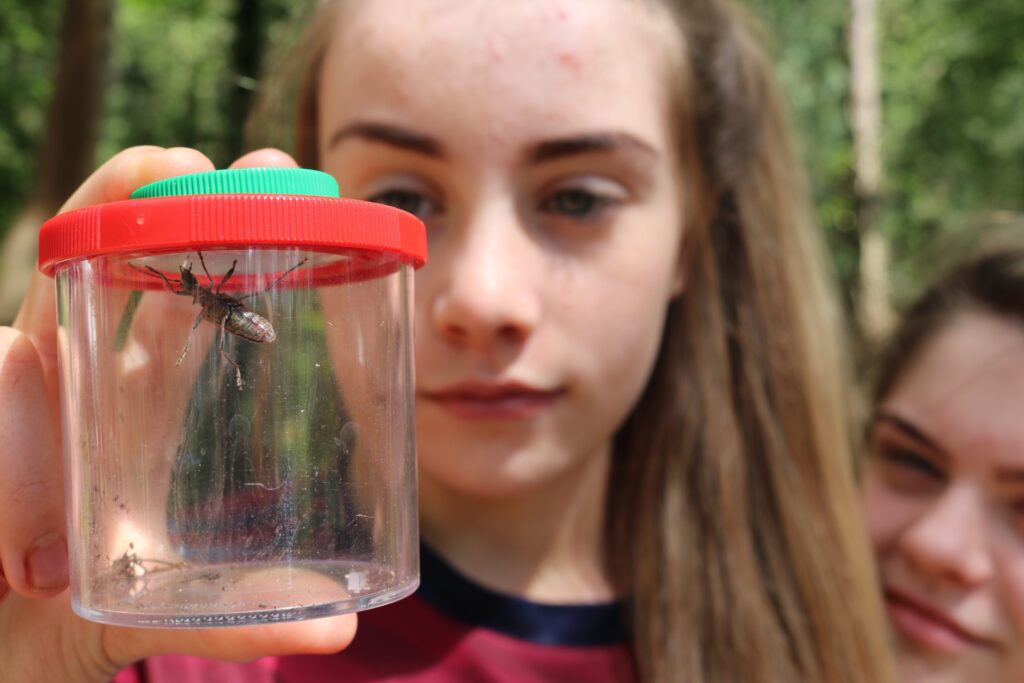
For older students there are also Duke of Edinburgh Award programmes, summer camps and the flagship Young Darwin Scholarship Scheme – named after Charles Darwin. The scheme was expanded last year to provide opportunities for even more young people with the charity creating 80 new Young Darwin Scholars to mark its 80 anniversary.
The annual scholarship programme helps budding ecologists aged 16 to 25 to develop their environmental skills and further their understanding of the natural world.
Learning development officer Mollie Clay says: “The Field Studies Council has been running the Young Darwin Scholarship for more than 10 years now and was introduced at our Preston Montford field centre near Shrewsbury, the town where Charles Darwin was born. It has proved a big success. Last year, for instance, scholars started with a residential trip or series of day trips at locations across the UK where they spent time outdoors practising a wide range of field and identification skills, gaining practical observation, planning and recording skills, exploring landscapes and meeting a number of inspirational speakers and experts.
“After the residential trip or day series, scholars had access to career guidance and networking opportunities, received ongoing mentoring as well as online and in-person training from the Council’s specialist staff. It’s a terrific package and a fantastic opportunity for young people.”
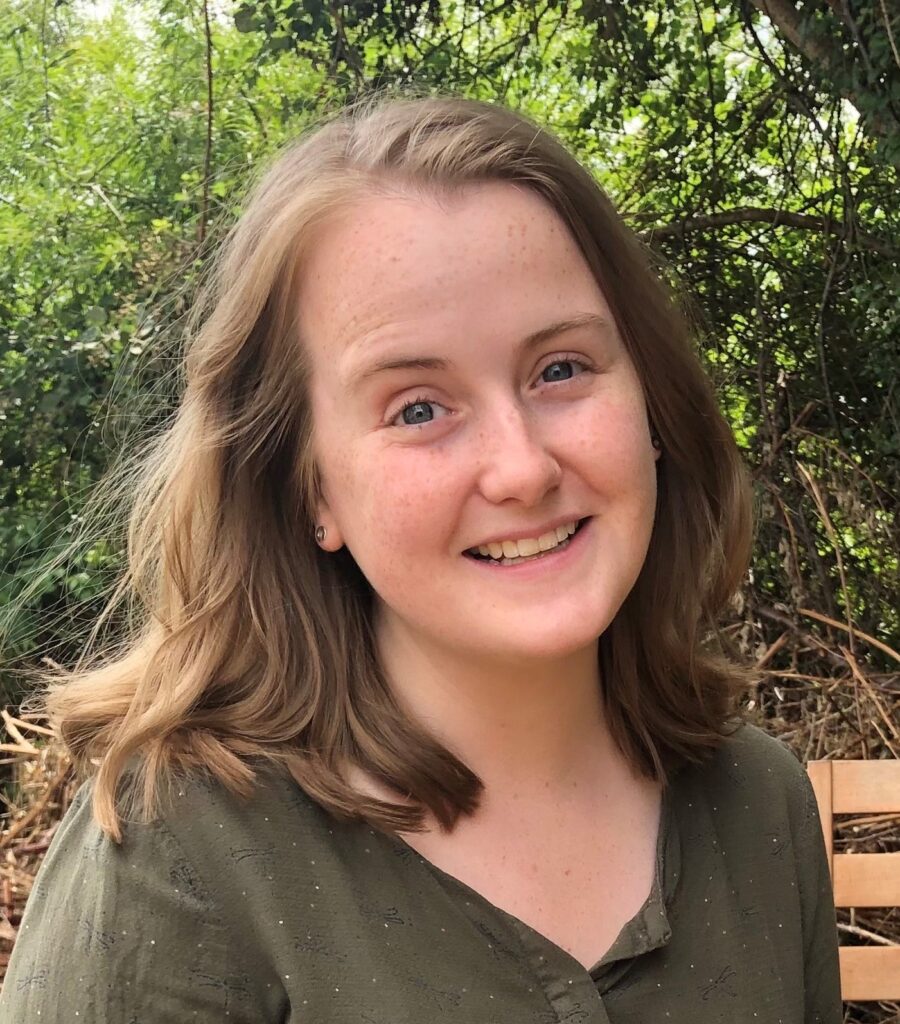
The Young Darwin Scholarship is for those aged 16 to 25 who want to develop and further their understanding of the natural world.
Mollie added: “The scholarship programme not only helps young people to develop their environmental skills and knowledge, but it is also a great place to build long-lasting friendships with other like-minded individuals.
“Previous scholars have really blossomed as the programme has opened their eyes to where their interest and skills around the natural world can take them as a hobby, academic focus and even a career. It really is a unique opportunity, particularly for those who can’t easily access environmental opportunities.
“We are immensely grateful to our sponsors, whose generous donations made it possible to offer the scholarship to 80 young people last year.”
The programme aims to support young people with their long-term goals, whether that is getting onto the correct pathway for an environmental career, having the skills and knowledge to live a more sustainable lifestyle or meeting other young people who share the same mindset about natural history.
The on-site training runs at five different locations across the UK. The residential trips take place at the charity’s own field centres at Preston Montford, Nettlecombe Court in Somerset and Millport on the Isle of Cumbrae in Scotland. Day series training is delivered at sites in London and York.
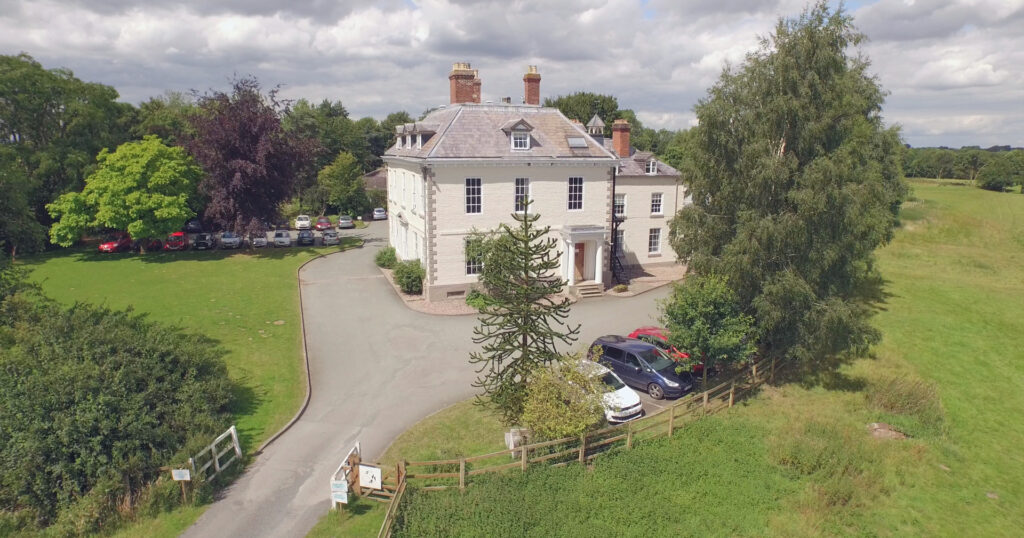
Meanwhile hundreds of young people going for their gold Duke of Edinburgh Award have discovered new skills and a potential new career, thanks to the charity.
There are five challenges to be completed in the Duke of Edinburgh (DofE) Gold Award scheme – volunteering, physical, new skill, expedition and participation in a five-day residential course.
The Council has been supporting young people with the residential element of the award by providing a range of unique opportunities and experiences nationally where they can learn new skills and explore possible careers.
New to the programme last year was a history camp in Shropshire to explore the county’s historical links with Charles Darwin.
A conservation and zoo-keeping course was also devised to give budding zoologists the chance to undertake a rare behind the scenes stay at Dartmoor Zoo and take part in expert-led workshops on animal training, handling and conservation.
Sarah Fenn, who helps coordinate the DofE courses, explains: “The history camp and conservation and zoo-keeping residentials proved a real hit and were part of a programme of 32 different residentials across the UK.”
Other residential courses included a marine science camp, adventures in Snowdonia, science lab camps, sustainability and climate change and conservation courses.”
Sarah adds: “The Field Studies Council has been supporting those undertaking their Duke of Edinburgh Award for many years giving young people from a wide range of backgrounds the opportunity to push themselves intellectually and physically to learn new skills, work together and give something back to their communities.
Sarah added: “One of the main factors in young people signing up to undertake their residential with us is the chance to explore possible career opportunities. Our courses are designed specifically to open young people’s eyes to the many careers that are available, give them hands-on experience and equip them with the skills they might need to take their interests to the next level.”
Reflecting on 80 years of significant achievement, the charity’s chief executive Mark Castle says that The Field Studies Council is on track to welcome its two millionth residential visitor in 2024.
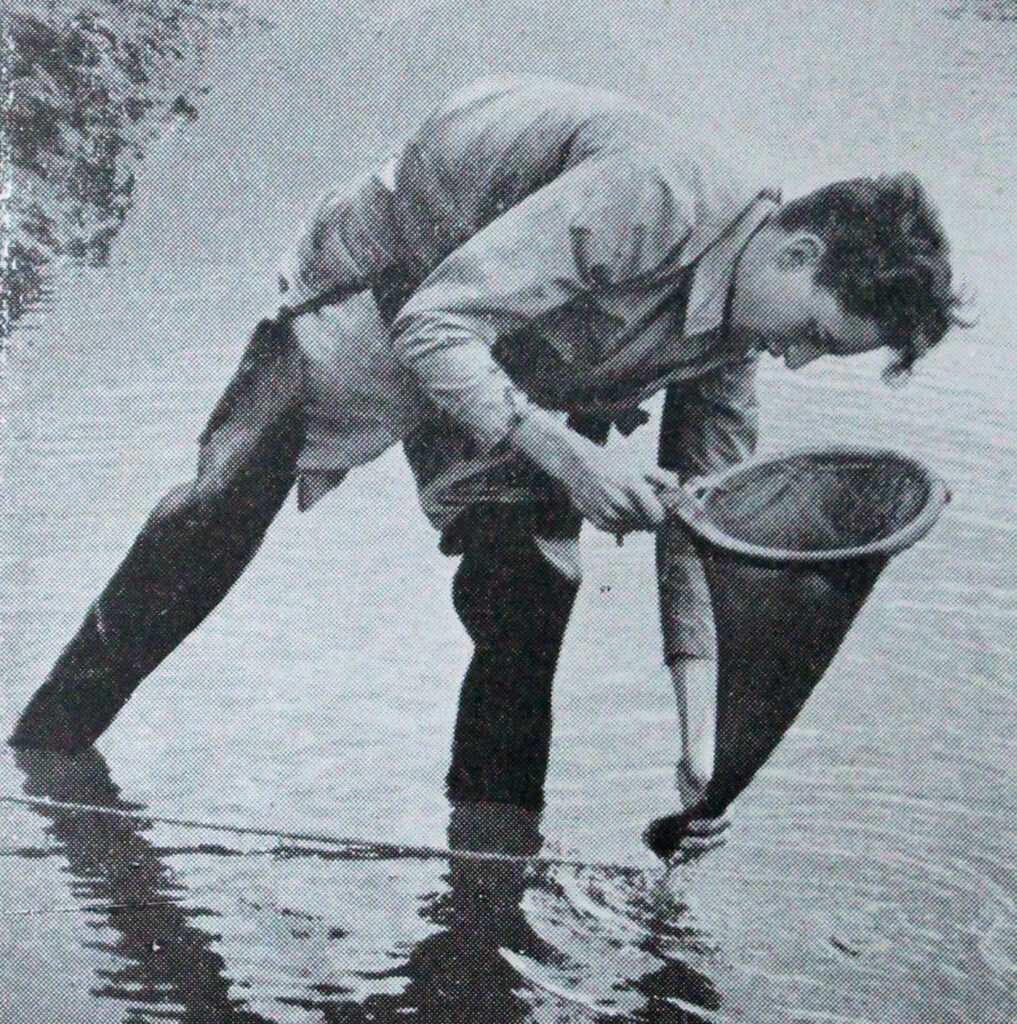
Mark says that despite enormous social and technological advances since the days of the Second World War, he was struck by how many of the challenges the charity faced today were echoed through the years – as well as the enduring fondness young visitors had for cake!
He adds, “Sadly, concerns that people of all ages can’t afford or access outdoor learning is a recurring theme that runs right through our history.
“Looking through the archives, especially from our earliest days, it’s the similarities that strike me, as well as the differences. There was no cosy golden age.
“It was the determination to keep going that really comes across. The sentiments and observations in early annual reports are very similar to today: staff comments on the lack of natural history knowledge, the lack of teacher confidence, school children’s enthusiasm for jam tart and custard and overstretched staff especially on changeover days.
“Seasonal booking patterns emerged as a very early organisational headache, and my predecessors’ reports talk somewhat ruefully about a lack of government foresight, short sighted policies and the planet’s need for those with field study skills. Nothing changes!”
Mark said the impact of both war and disease were nothing new for those running the Field Studies Council. While he described the coronavirus pandemic as “probably the biggest threat and greatest challenge in our 80 years”, previous generations coped with three outbreaks of foot and mouth disease, which severely restricted fieldwork activities and customer travel.
While the war in Ukraine and conflict in the Middle East pushed up the price of energy and supplies, the Korean War of the 1950s led to government cuts that almost put the Field Studies Council out of business before its 10th anniversary.
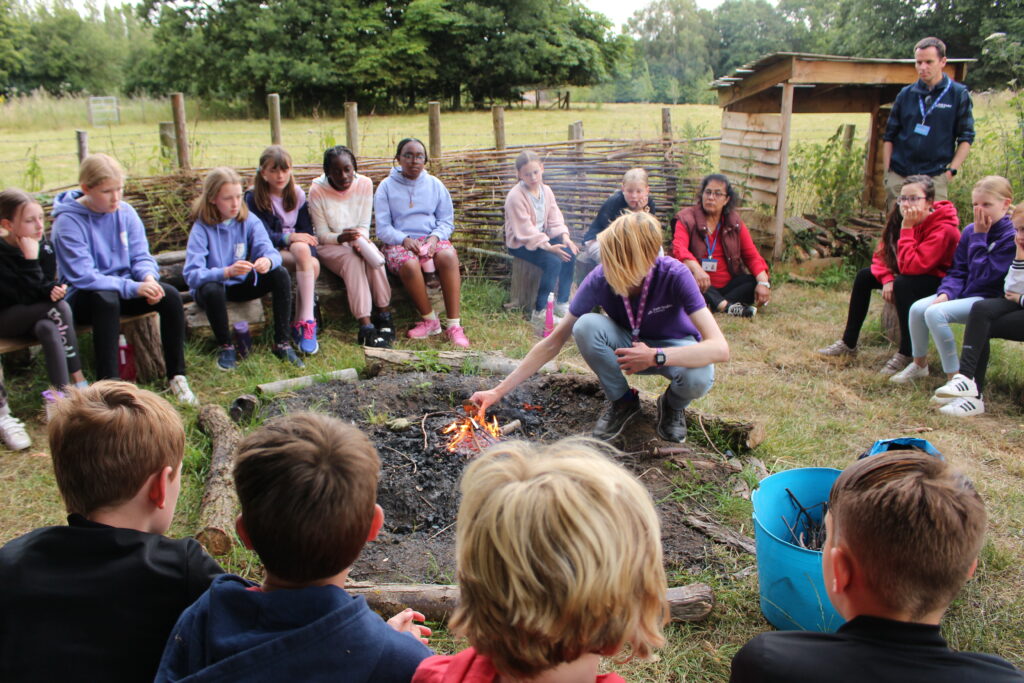
He added: “More than once, drastic and difficult decisions had to be made to save the charity. Then, as now, the executive agonised over each one.
“There are of course, things that we are very happy to leave in the past – horsehair mattresses for one. Staff indeed celebrated when the last of these were replaced. Staff in the earliest days also delivered incredible hospitality on wartime rations and in centres with no mains electricity and uncertain water supplies. This is all the more remarkable as the first mention of buying a refrigerator is about 10 years into our history!
“Today’s infrastructure team have their trials with listed buildings and carbon reduction targets. Their early colleagues could not get timber without a licence. Dale Fort in Pembrokeshire resorted to collecting driftwood for both timber and nails, Juniper Hall in Surrey had dry rot and Orielton, also in Pembrokeshire, had walls that were made of only wallpaper!
“What always shines through, though, is the commitment to the vision of delivering great outdoor learning and a conviction that what we do really matters. The need to get outdoors into nature is as important now as it ever was – and, with more and more careers opening up in the environmental sector, the need to develop good field study skills is more vital than ever.”
An HMI (Her Majesty’s Inspectorate) report in 1965 noted: ‘This year, the FSC comes of age. Its affairs have been conducted with imagination, resolution and prudence by men and women dedicated to its service; they can look back with pride and satisfaction upon 21 years of solid achievements and forward . . . with determination and energy to a period of accelerated growth and achievement’.
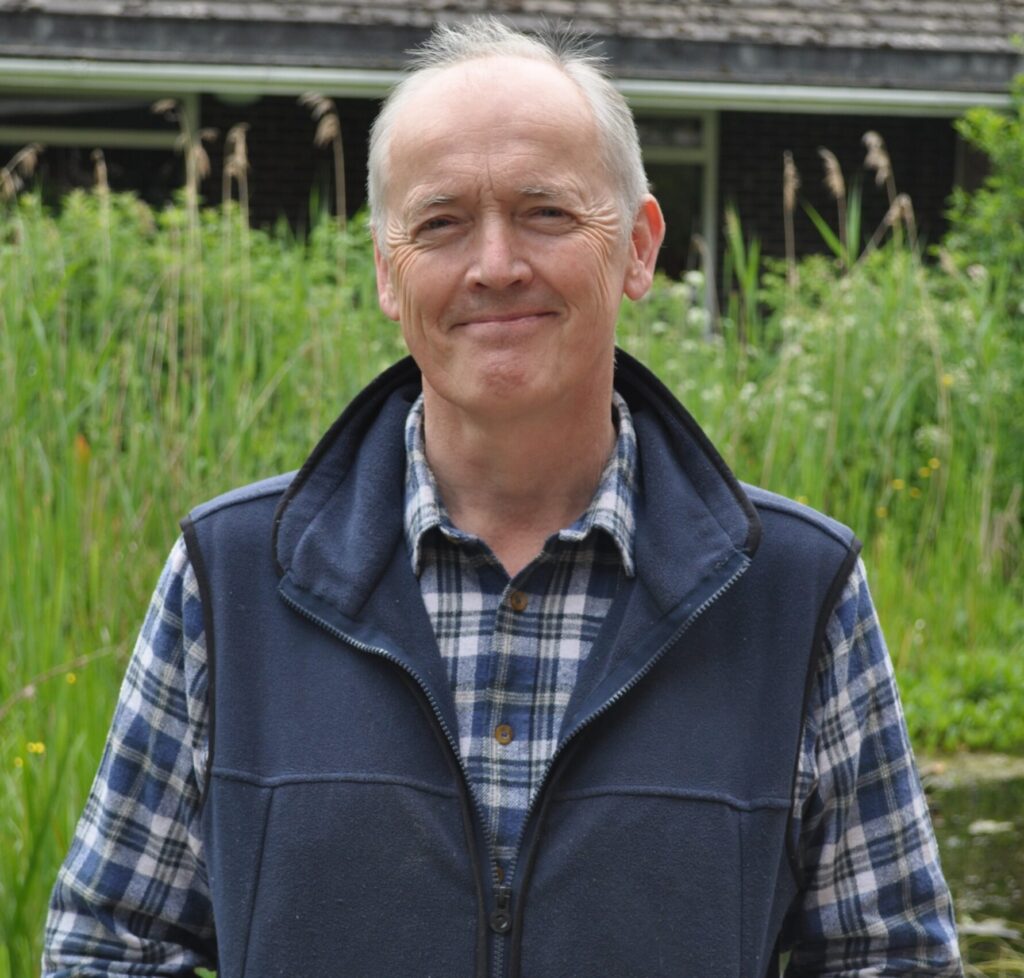
Mark continues: “Just last year, the Investors in People assessor came to a remarkably similar conclusion, saying they found ‘a universally shared sense of pride and passion in our purpose and standards’. That’s quite an achievement considering all the trials we have overcome in the past few years, including a global pandemic and a major cost of living crisis.”
To mark the anniversary, the Field Studies Council planted 80 new trees across its sites, as well as creating the afore-mentioned 80 Young Darwin Scholarships to help nurture a passion for outdoor education in a new generation of ecologists.
The charity is funded by corporate giving, individual donations and legacies. It is also supported by an army of volunteers across the UK who help in a variety of ways, such as leading guided walks, practical conservation work, garden and grounds development, monitoring wildlife, such as moths and butterflies, and biodiversity, driving and engaging with visitors.
It gives them the opportunity to learn new skills, gain valuable work place experience for their CVs and meet new people. They receive full training for their role and ongoing support from a mentor.
Mark Castle concludes: “I’m very proud that we celebrated our 80th anniversary on such solid foundations, and I think we owe a huge debt of gratitude to those on whose vision and tenacity the charity is founded.”
For more information about the Field Studies Council, visit www.field-studies-council.org

